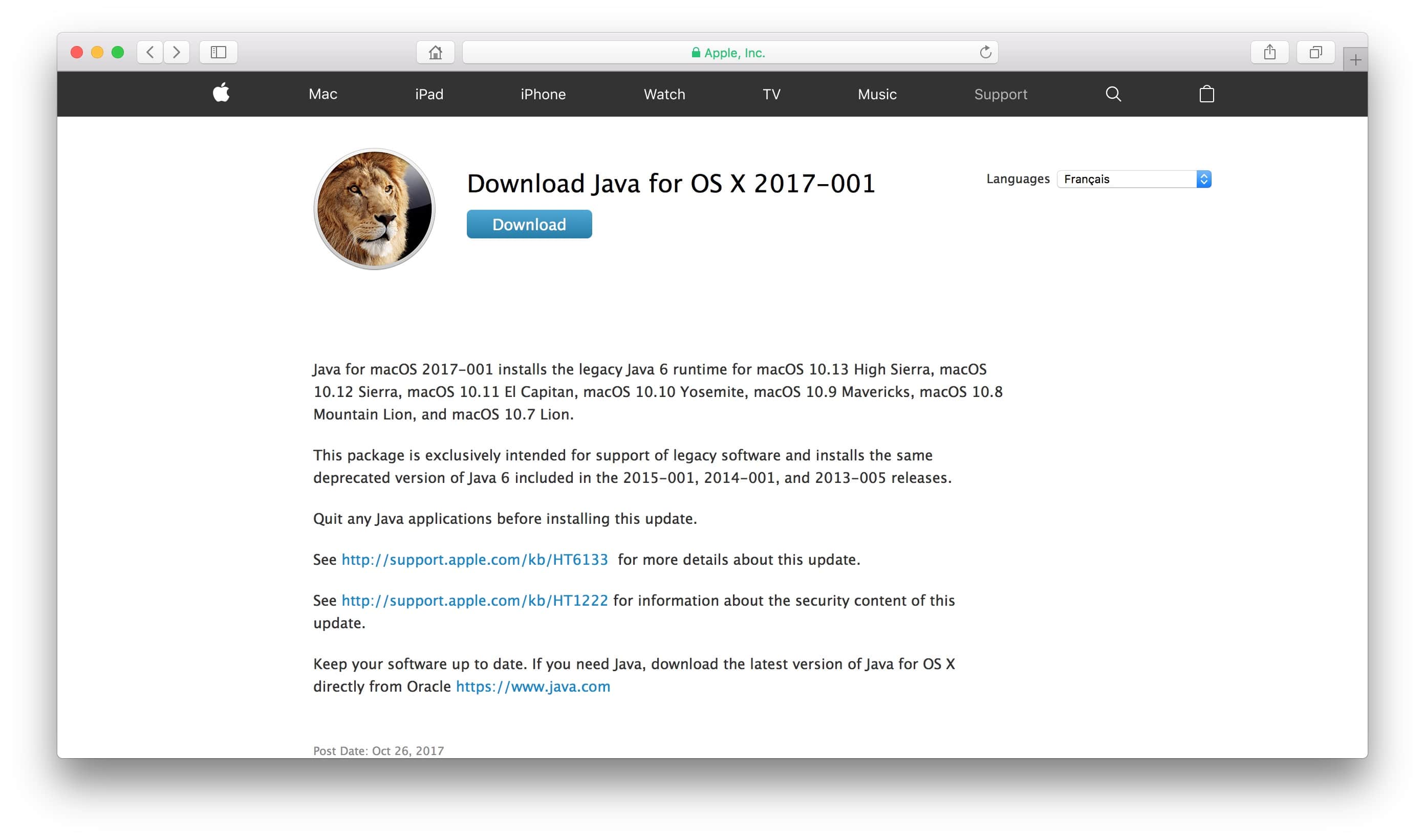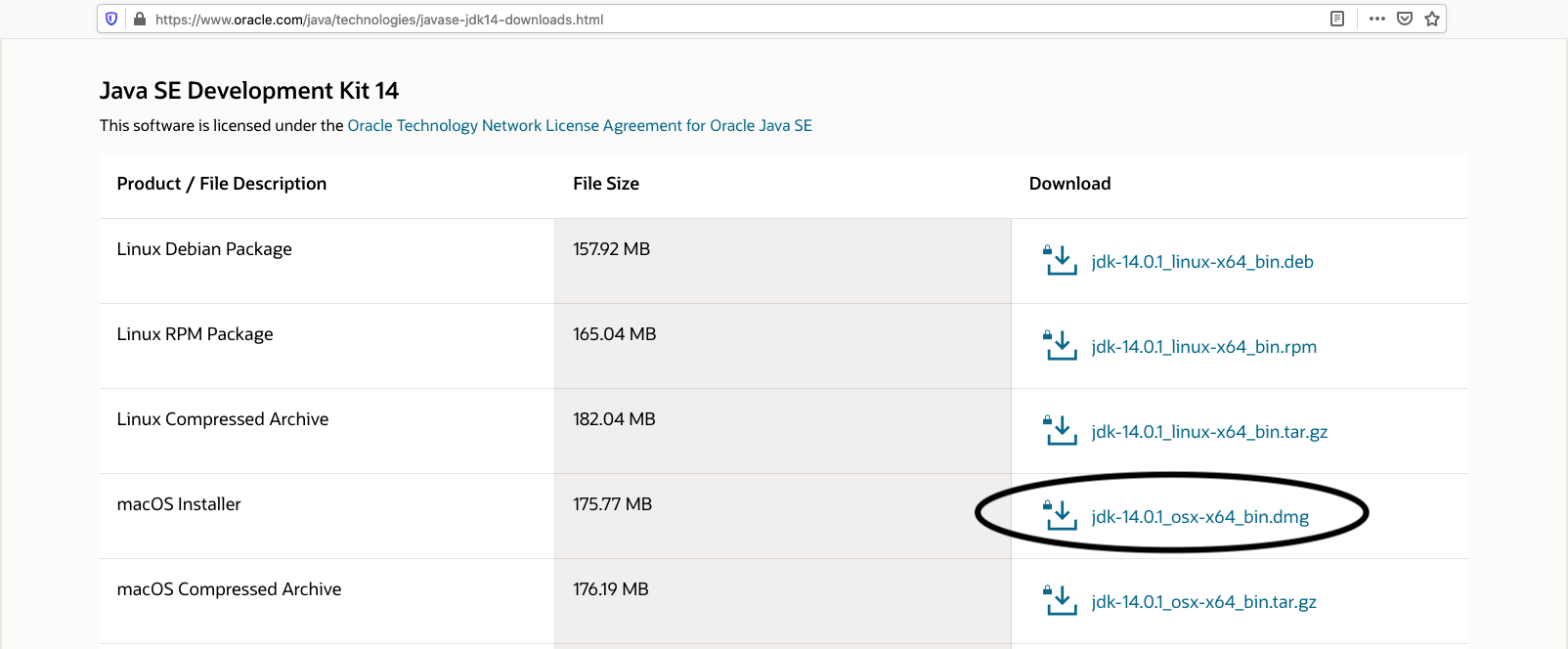


If you don’t notice the Java version you need to switch to, download and install the appropriate one from here (JDK 8 is represented as 1.8). Your output should look like: Matching Java Virtual Machines (2):ġ1.0.1, x86_64: "Java SE 11.0.1" /Library/Java/JavaVirtualMachines/jdk-11.0.1.jdk/Contents/Homeġ.8.0_201, x86_64: "Java SE 8" /Library/Java/JavaVirtualMachines/jdk1.8.0_201.jdk/Contents/Home Open a new Terminal window and input: /usr/libexec/java_home -V Check out the documentation for more information.įirst, you need to make certain you have multiple JAVA versions installed. jEnv also has some other features, such as wrappers for Gradle, Ant, Maven, etc, and the ability to set JVM options globally or locally. We now have multiple versions of java and we can switch between them easily. To set a default version use the command jenv local Įx – I wanted Jdk 1.6 to start IntelliJ jenv local oracle64-1.6.0.65 So now we have 3 versions of Java on our system. The reason we are installing Java 6 from Apple website is that SUN did not come up with JDK 6 for MAC, so Apple created/modified its own deployment version.Ĭheck the java versions installed using jenv This will install Java in /System/Library/Java/JavaVirtualMachines/. You need to install JDK manually from Oracle website. Unlike rvm and rbenv, jEnv cannot install JDK for you. The * shows the version currently selected. To check Java versions on jEnvĪt the moment it only found Java version(jre) on the system. When you first install jEnv will not have any JDK associated with it.įor example, I just installed JDK 8 but jEnv does not know about it.


then, where XX matches an item in the list above jenv global XXĪdd jEnv to the bash profile if which jenv > /dev/null then eval "$(jenv init -)" fi See the list of available java versions jenv versions Should also indicate the current version being used with an asterisk. Where XX matches one of the items in the versions list above. Check if jenv registered OK jenv versions Jenv add /Library/Java/JavaVirtualMachines/jdk-9.0.1.jdk_EXAMPLE_/Contents/Homeĩ. these are just EXAMPLE's jenv add /Library/Java/JavaVirtualMachines/1.6.0_EXAMPLE_/Contents/Home WARNING: Use the actual paths on your machine. We need to add "/Contents/Home" to the version folder. Review InstallationsĪll Java version get installed here: /Library/Java/JavaVirtualMachines lets take a look. ? Maybe close and restart Terminal so it sees any new ENV vars that got setup. Install java 6 (or 7 or 8 whatever you need) brew cask install java6 Install the latest version of java brew cask install javaĦ. Add jenv to your path export PATH="$HOME/.jenv/shims:$PATH"įYI: "Tap" extends brew's list of available repos it can install, above and beyond brew's default list of available repos. Add jenv to the bash profile if which jenv > /dev/null then eval "$(jenv init -)" fiģ. If you haven't already, install homebrew.Ģ. This guide was cobbled together from various sources (replies above as well as other posts), and works perfect. “cask versions”, similar to “brew versions”, see and also.“brew versions” explained Homebrew install specific version of formula? and also.Plug-Ins/ugin/Contents/HomeĢ) JDKs downloaded from Apple: /System/Library/Java/JavaVirtualMachines/1.6.0.jdk/Contents/Home/ģ) JDKs downloaded from Oracle: /Library/Java/JavaVirtualMachines/jdk1.8.0_11.jdk/Contents/Home
#Java update for mac os sierra mac os x#
On Mac OS X Mavericks, I found as following:ġ) Built-in JRE default: /Library/Internet\ You can check the paths of the versions installed using /usr/libexec/java_home -V, see How do I check if the Java JDK is installed on Mac? I think this is the cleanest & simplest way to go about it.Īnother important thing to note, as mentioned in Mac OS X 10.6.7 Java Path Current JDK confusing :įor different types of JDKs or installations, you will have different Then you can install the version(s) you like: brew cask install java7Īnd add them to be managed by jenv as usual. Then you can look at all the versions available: brew search java


 0 kommentar(er)
0 kommentar(er)
